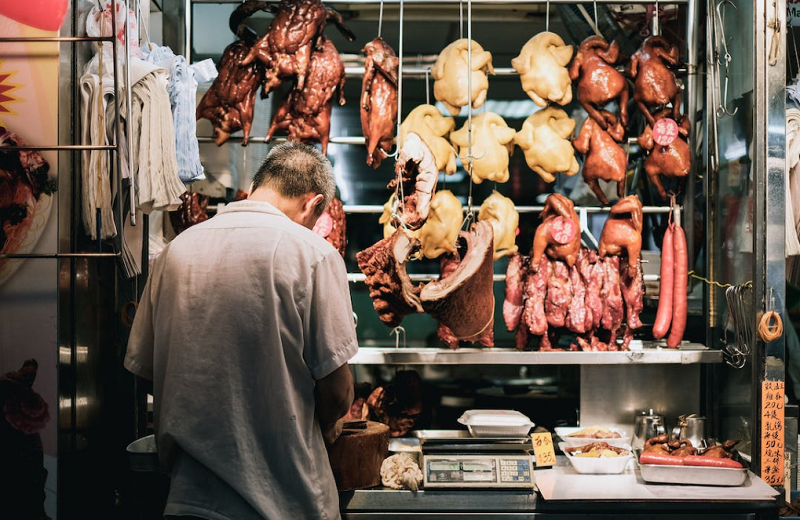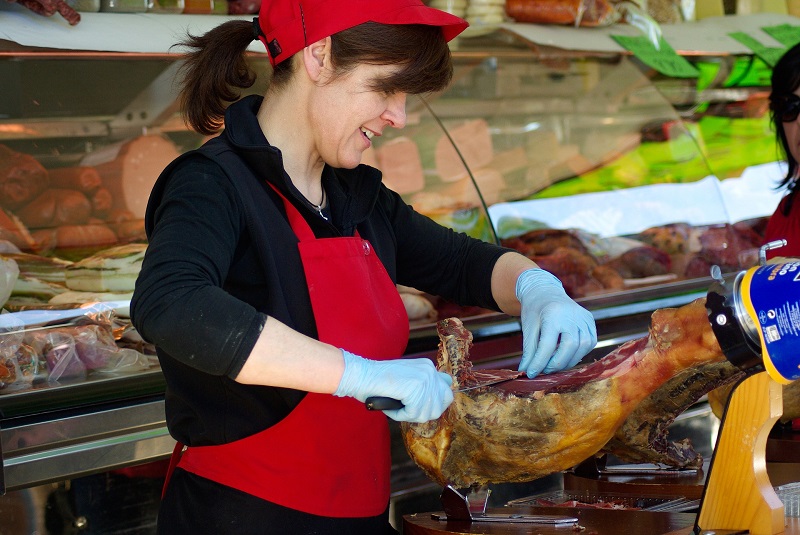Working in the meat industry comes with lots of competition and the need to learn.
You can’t just jump right in and expect success without lots of planning and preparation. There are plenty of other meat shops out there, so you need to stand out from the crowd.
You also need to be able to have a good supplier and manage your money effectively. If this is an area that you’re thinking about getting into, think about some of these points as you get started.
What Type Of Person Are You?
Firstly, you need to think about the type of person you are before you start working as a butcher or meat salesperson. You’re going to be dealing with the public all day every day, and you need to have a personable approach if you want to make money.
Ideally, you also need to be very interested in what you’re doing. You’ll have the inclination to keep on the pulse of the industry and ensure you’re always up to date. Without that interest, you might find it difficult to succeed.
Where Will You Be Located?
You need to do a lot of planning before opening any shop. Of course, you need to take a look at the competition around you.
If you’re going against established butchers with loyal customers, it’s not going to be easy. Also, think about your placement in the town. Are you in an area that is well-populated?
The rent prices might be higher, but you need to balance that cost with the expected custom you’re hoping for.
Where Is Your Supply Coming From?
Having a good supplier is paramount if you’re trying to run a profitable business. Think about where you’ll be getting your stock from. Meat imports are a great way of obtaining quality meat at low prices.
Consider what types of meat you’d like to stock as well. Nail down your intended supplier early on, and you’ll be able to manage your projected finances much more effectively.
Are You Qualified To Do The Job?
Jumping straight into a meat-selling business isn’t something that you can do overnight with ease. You might want to look at undergoing a few training courses and gain experience in the process.
You could do this as an evening class while you continue to work in other jobs in the meantime.
Before you get started with this meat business, it’s important to feel ready to make that jump.
Otherwise, you might find it’s just a bit too overwhelming.
Once you’re ready to begin, you’ll have to start thinking about start-up costs, insurance, and much more.
That’s why following these tips is very important before you even start getting involved.
How to Start a Meat Shop Business
These are the practical steps you need to take if you wish to open a meat shop business.

1. Permits and Licenses
You need to acquire the right permits and licenses before opening. Check with your local government to find out what permits you’ll need in order to open your shop.
2. Location
Find the perfect spot for your store. You want a place that is easily accessible, has plenty of parking, and is near other businesses or residential areas.
3. Equipment and Supplies
Purchase all the necessary equipment and supplies for your store. This includes refrigerators and freezers, scales, knives, cutting boards, etc. Invest in quality products that will last a long time.
4. Hire Employees
You’ll need to hire staff for your shops such as butchers, salespeople, and cleaners. Make sure to find qualified candidates who have experience in the industry.
5. Advertising
Generate buzz for your shop by posting ads in local newspapers, social media platforms, and radio stations. You can also hand out flyers or conduct promotions to attract customers.
6. Insurance Coverage
Be to get insurance coverage for your shop. This will protect you from any accidents or damages that occur.
7. Quality Control and Hygiene Standards
Maintain quality control standards and stay up to date with the latest food safety regulations. Make sure your employees are following proper hygiene protocols.
8. Pricing Strategy
Come up with a pricing strategy that will ensure you can make a profit while still providing competitive prices. Monitor your costs and expenses to ensure that you’re staying profitable.
9. Business Management Tools
Use business management tools, such as accounting software, to track inventory and keep tabs on sales.
10. Customer Satisfaction
Provide excellent customer service and ensure customers have a positive experience in your store. Show appreciation for their feedback and strive to improve.
Are You Ready Now?
With all of the above in mind, you’re now ready to start your own meat shop business.
It might take some time for things to get up and running, but it will be worth it once your store is successful.
Good luck!

















